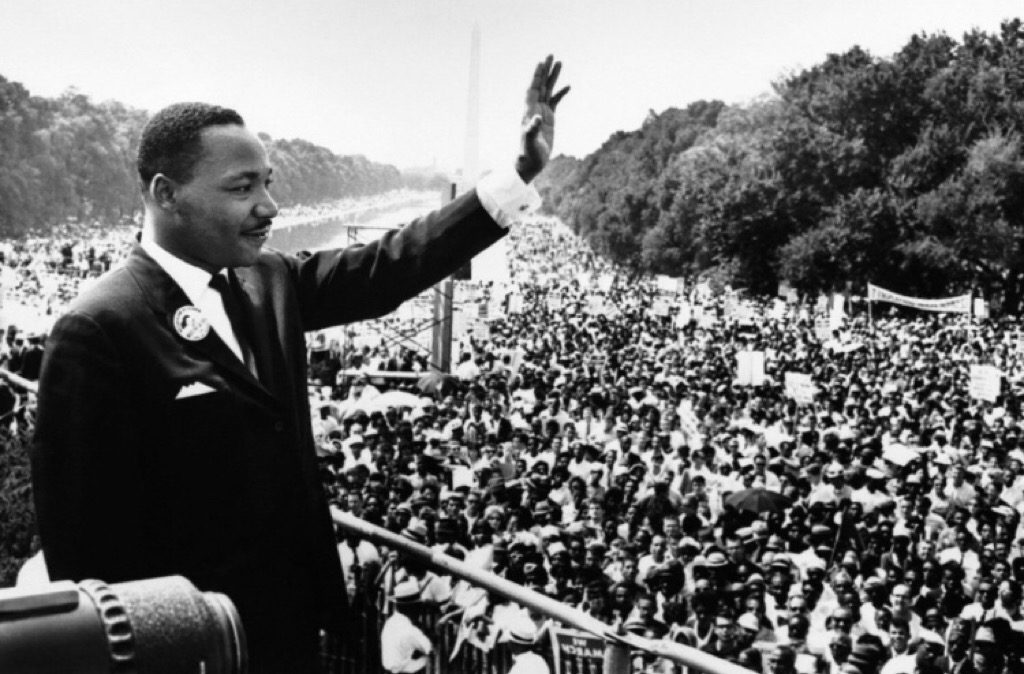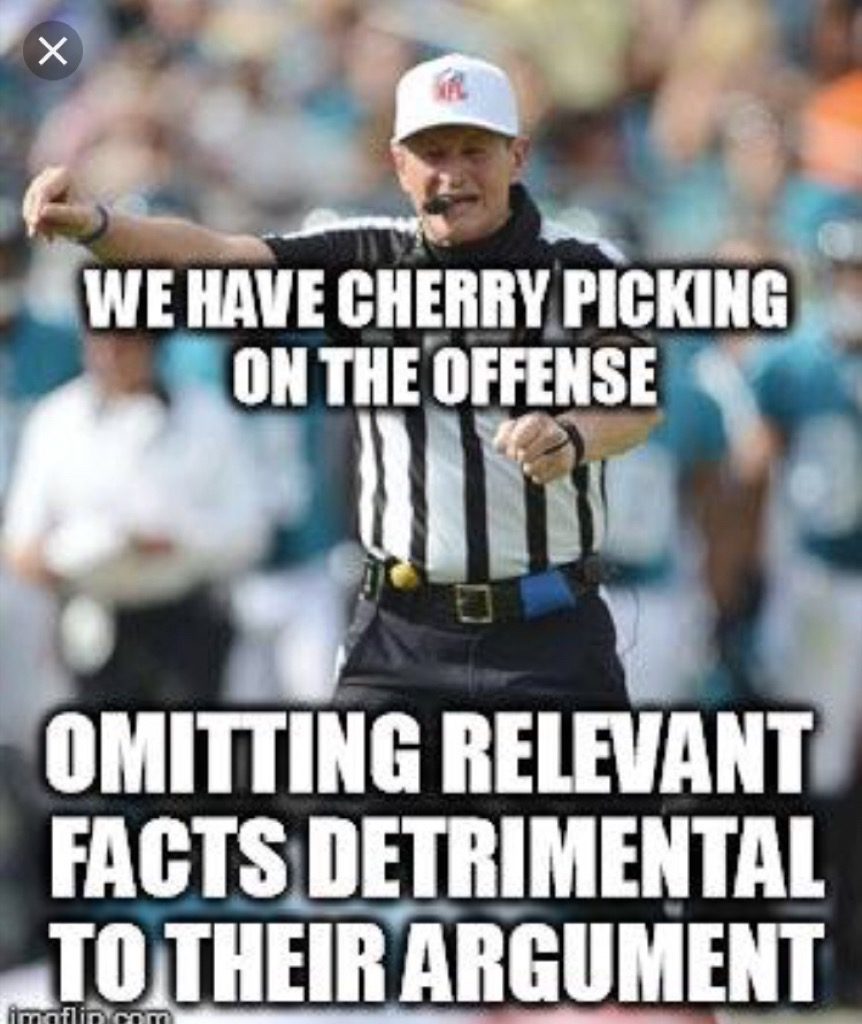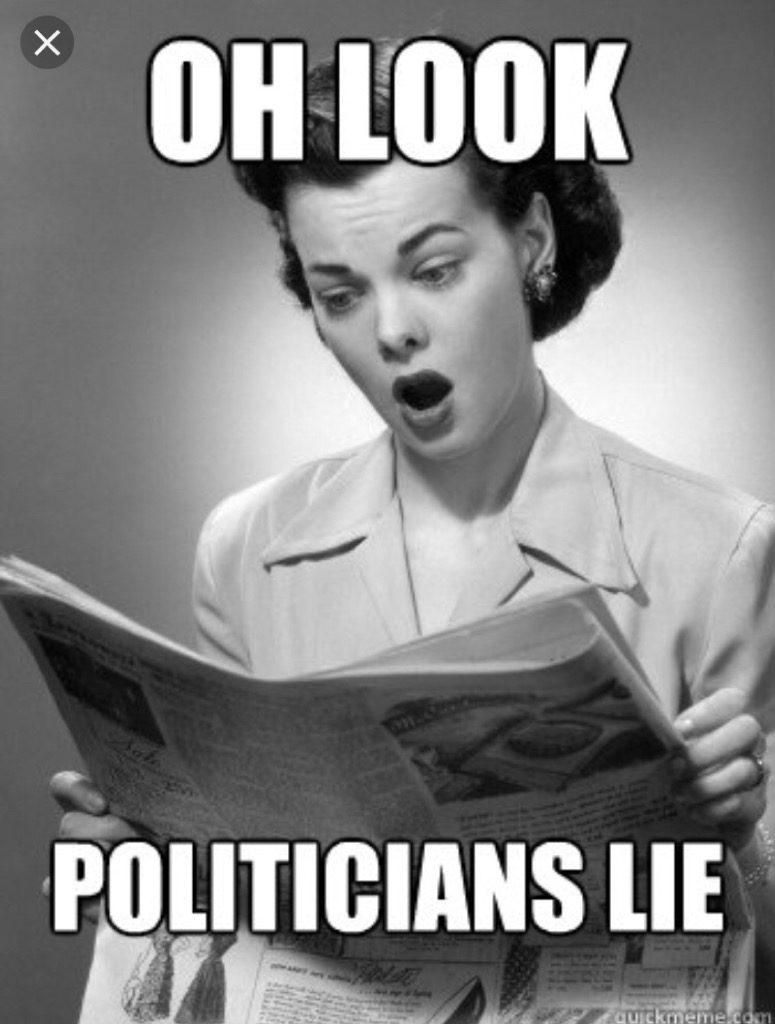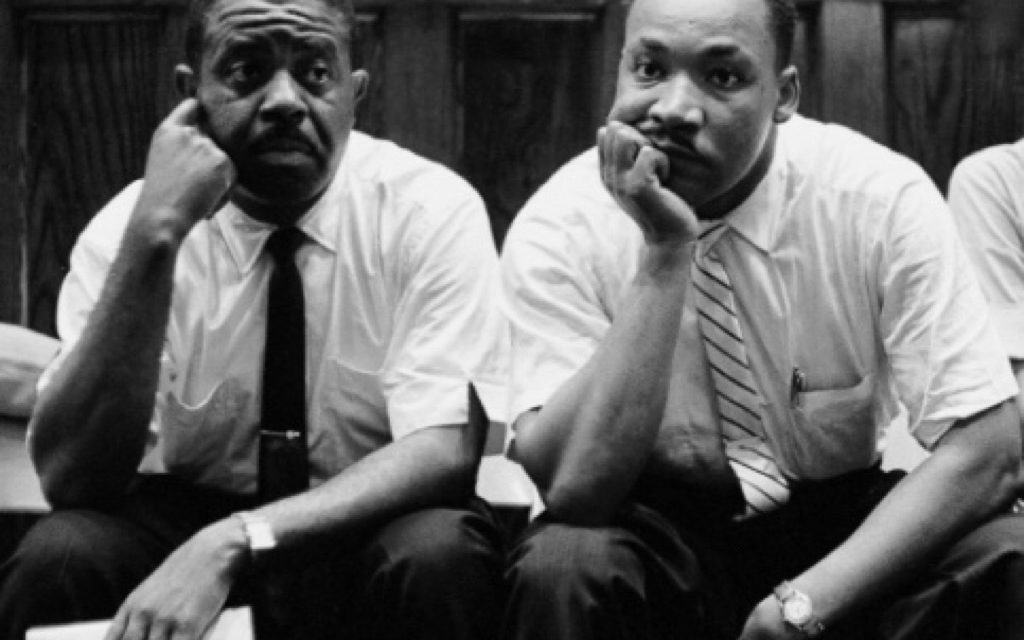MLK holiday usually comes at the turn of the semester, and I am often awash with the professional obligations that come with that juncture: evaluating my students’ ability to craft arguments and read sources and planning lessons for the next quarter. King’s “Letter from a Birmingham City Jail” is usually on the syllabus, so I often muse on the meaning of his powerful words and powerful example, but those thoughts are usually subsumed in the mountains of work. But for some odd reason, I’m enough ahead of the game this year that when inspiration struck amidst the Patriots’ victory, it unlocked a splinter in my mind that had been irritating for the last few months.
We were just starting to introduce the concept of synthesizing multiple sources in an argument, a skill that all young students who consume media and language need—the ability to evaluate the validity of sources and address them with their own points of view. In our discussion of Education, we analyzed James Baldwin’s speech “A Talk to Teachers” in which he implores a group of teachers to consider the cognitive dissonance young African Americans often feel being taught a heroic concept of American history. It is a Civil Rights Era critique imploring teachers to be honest that the history of America is not without sin for the damage on both white and black children. We gathered sources that discussed how criticizing American history is still controversial, including a text from a book I had found called White Fragility, which argued that the historical representation of African Americans often lionizes them as great heroes as a way to whitewash societal racism that existed, that real people perpetrated that racism. For instance, the author argues, saying “Jackie Robinson overcame the color barrier” covers the blunt truth that “the color barrier” was the active prohibition of players of color to play in Major League Baseball. It’s a subtle linguistic misstep that hides a larger dishonesty.
After the lesson, a student asked my cooperating teacher a poignant question: “Are we going to read anything from the other side?”
While perhaps inadequately articulated, the premise of the student is clear. If we divide the world of text and ideas on a conservative/liberal axis, critiquing the history of the United States for the mistreatment of women and minorities is usually the province of the Left while defending the more noble elements of American history—ensuring of rights, provision of economic opportunity—as emblematic of Winthrop’s “City on a Hill” metaphor tends to be the province of the Right. In viewing the lesson through a polarized political axis, the student felt the lesson lacked the “fair and balanced” nature he thought necessary. Likely, he may have felt politically marginalized in the lesson.
Snapback to MLK day, and we’re tweaking our 3rd quarter. A discussion of language, including Orwell’s “Politics and the English Language”, a study of pop culture, including Twain’s “Corn Pone Opinions”, followed by a revision of our unit on ethics and justice by using Steinbeck’s Of Mice and Men as the structure to discuss Jefferson, Paine, Stanton, Thoreau…and yes, MLK.
Of course, reading Of Mice and Men by analyzing how Steinbeck exemplifies the marginalization of the elderly, African Americans, and women? Again, an idea that breaks to the Left of the political spectrum. So, the student’s comment arose and made its way into the DNA of our thought process. As Twain once wrote, “where the party leads they will follow, whether for right and honor, or through blood and dirt and a mush of mutilated morals”. Political Identity can be a massive impediment to understanding. If you feel that your identity is being marginalized, if your beliefs are being maligned, you’re less likely to listen to a lesson because you’re playing defense in your mind, not thinking how to honestly synthesize sources.
But at least MLK is safe, right? Everyone loves MLK. It wasn’t always that way. In the 80’s, NC Senator Jesse Helms filibustered the creation of a national MLK holiday. He was not alone in his opposition, but certainly the most outspoken. While others poo-pooed that it would cost too much money to give federal workers a paid vacation or it would set a bad precedent to give a non-governmental official the honor of a national holiday, Helms attacked on political principle, arguing against King’s supposed Marxist leanings and opposition to the Vietnam War. We often forget how politically polarizing MLK was while alive. The FBI didn’t keep a file on him because they thought they were preserving history.
It seems that Helms, who lost his battle in the mid-80s (in every state but Arizona) was the last holdout on MLK’s legacy. Everyone quotes him for their purpose (even VT coach Buzz Williams did to explain his soon-to-fail strategy for playing tonight in the Dean Dome). MLK now seems to transcend the political divide; we glorify his calls for racial harmony and his noble thoughts on democracy and generally sweep his war opposition and his calls for economic justice as well as the horrible injustice of Jim Crow under the rug so everyone can agree how amazing he was. Criticizing King is about taboo as you can get in American political life. Conservatives and Liberals alike seek to use his words, image, and gravitas as justification for their cause.
Indeed, nowhere is this more evident on the Sunday shows before MLK. As we usually teach “Letter” around this time of the year, my radar is usually up for extra material. This Sunday, it was Vice President Mike Pence answering questions about the government shutdown.
As I’m always looking for real-life examples, I’m dying to use this in class. We’ll return to class on Wednesday, and part of our focus is treating sources honestly and using them faithfully in context of our own arguments. Consider the quote in its original context from King’s famous 1963 “I Have a Dream Speech.”
It is obvious today that America has defaulted on this promissory note insofar as her citizens of color are concerned. Instead of honoring this sacred obligation, America has given the Negro people a bad check — a check which has come back marked “insufficient funds”. But we refuse to believe that the bank of justice is bankrupt. We refuse to believe that there are insufficient funds in the great vaults of opportunity of this nation. So we have come to cash this check — a check that will give us upon demand the riches of freedom and the security of justice. We have also come to this hallowed spot to remind America of the fierce urgency of now. This is no time to engage in the luxury of cooling off or to take the tranquilizing drug of gradualism.Now is the time to make real the promises of democracy. Now is the time to rise from the dark and desolate valley of segregation to the sunlit path of racial justice. Now is the time to open the doors of opportunity to all of God’s children. Now is the time to lift our nation from the quicksands of racial injustice to the solid rock of brotherhood.

On an AP scale, VP Pence might get the designation “inadequate response” for cherry picking a quote out of context and misrepresenting the intent of his source. Perversely, this should give my students hope that you can bomb a synthesis activity and still make it to places of public renown and honor in life if that’s you’re goal. (After all “politicians lie” seems as tautological as “a triangle has three sides.”) But rhetorically, it’s still a big no-no. King’s “promises of democracy”, referring to the fact that equality, justice, and freedom that America—that City on a Hill—had not been extended to its African American citizens, are not, as Pence claims, the promise of legislators working. King had gathered thousands to Washington to pressure the inaction of the legislature. Indeed, one thing that made King’s moral clarity so strong is that he wasn’t a legislator, he never had to make back-room deals that compromised his integrity, and he put his body on the line to be arrested for what he believed in.

Of course, Pence is not the first nor will he be the last to hitch his wagon to MLK for rhetorical juju. Unlike Jesse Helms, most politicians know that disagreeing with King’s position is like political suicide. Everyone loves King, and going against such strong popular opinion (said Twain) is like traversing the voice of God.
However, to critique Pence’s dishonesty in using King runs the risk being accused as teaching with a liberal bias, which it appears seems to the feeling among some students regarding our syllabus choices. But to that, I would take turn back to Orwell, who claimed that political dishonesty often is an attempt for politicians to cover up uncomfortable truths, even if they are justified. Sometimes, people just don’t want to know the dirty work their government is doing, Orwell’s reasoning goes, so politicians obfuscate and lie so they don’t have to justify it.
Consider this. Every country needs an immigration policy. What this policy should be is at the heart of our current governmental shutdown. Clearly, Pence supports the policy position of building massive structures across the Southern border, further militarizing the border and the policies of family separation and mass deportation currently occurring in our country.
For some voters, fear of hordes of brown immigrants flooding the country is justification enough. But that doesn’t play so well on a nice, polite, middle-of-the-road Sunday morning show like Face the Nation, so Pence changes tactics, trying to emotionally link his position to the reverence we all feel for MLK. After all, if MLK would agree with Pence, and we would never criticize MLK, then we shouldn’t critique Pence.
Without judging the rightness of Pence’s political position on immigration, it becomes clear from the context of King’s quote that he would not agree with this, as the quote “opening the doors of opportunity to all of God’s children” would surely suggest. Is King calling for open borders here? No. That would be just as disingenuous an interpretation. But judging from the context of the speech, I can’t think King would think too kindly of our policies that separate families at the border, allowing them to live in prison camp conditions.
If Pence, or any other politician wants to make a policy suggestion that asks us to swallow difficult and seemingly reprehensible actions, let him make that argument in open language. Clearly, he and many of his supporters advocate this position, and that is their prerogative. Such policy discussions are best made in open debate, not cloaked in shady rhetoric. To make the suggestion that MLK would agree with those policies because it is political expediency is dishonest rhetoric and dishonest leadership. And Conservative or Liberal, we should all expect more from our leaders than to lie to us and expect us to acquiesce idiotically to their dishonesty. Let’s hope that students of all political orientations leave our classrooms holding their leaders and themselves to that same high standard.
CODA: As always, one of my favorite songs for MLK day. “Wake Up” from Rage Against the Machine’s debut album. I’ve put two videos for your viewing pleasure. The first is a live performance.
The second edited the song with lots of graphic riot imagery–not my intent–but it has the lyrics, including where Zach de la Rocha reads from King’s FBI file. Enjoy.
NBCT
Myers Park High School



Recent Comments